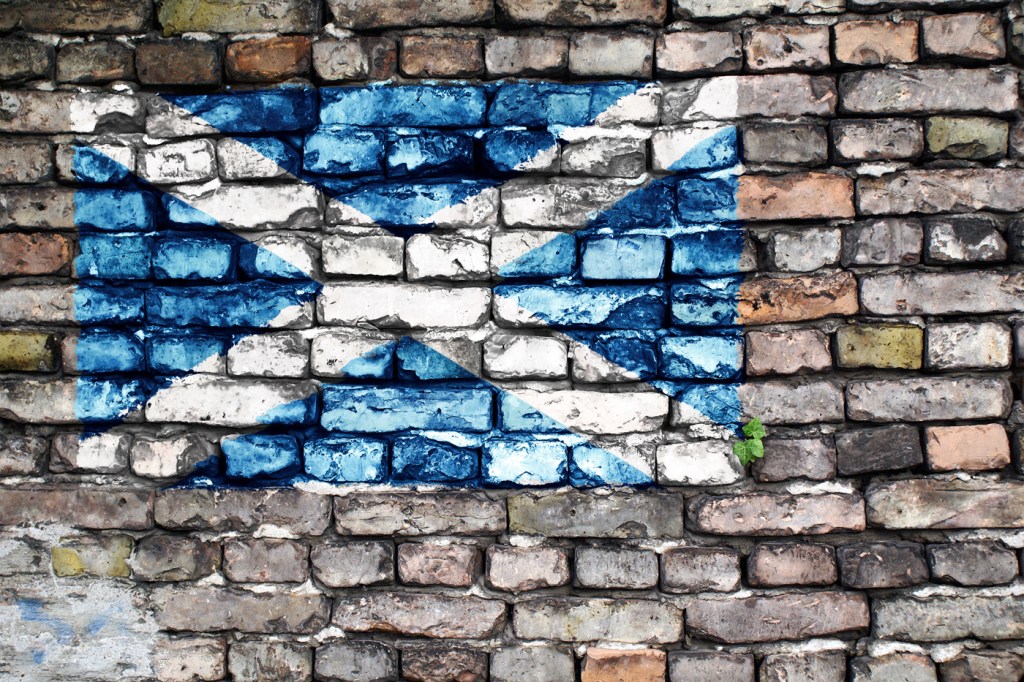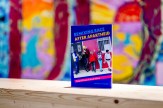The kingdom stays united

After months of vigorous campaigning from the Highlands to Edinburgh, Scottish citizens on Thursday shot down a historic referendum that would have made Scotland an independent country.
Regardless of Thursday’s outcome, Scotland getting official say on seceding from the United Kingdom will reverberate throughout Europe, says assistant professor of political science Mai’a K. Davis Cross, who closely monitored the independence referendum.
Early polls leading up to Thursday’s vote, in which about 4.3 million people were eligible to cast a ballot, indicated the result would be close. But 55 percent of voters ultimately said no to the question “Should Scotland be an independent country?,” and the nation will continue its union with the United Kingdom.
There are a number of regions in Europe with similar situations to Scotland, Cross explained, such as the Catalonian region in Spain or the Flemish-speaking region in Belgium, that are part of one country but have their own identity and would like to break free.
“There is a concern of a domino effect in parts of Europe,” Cross said. “It could encourage the Basque region or Catalonia to say, ‘We would also like independence and maybe join the European Union.’”
Aside from the historic precedence, Cross said what made Thursday’s vote fascinating is the European Union tends to hold regions within member states together because of the tremendous amount of support the European Union provides to those regions.
“Regions get to have a major say in the direction of EU policy, especially on issues such as the protection of their languages, culture, and forms of education,” Cross said. “Typically the dynamic is the EU encourages regions like Scotland to stay with their member state.”
This push for Scottish independence began in 2013, when the Scottish Parliament passed a referendum bill. The pro-independence movement, Yes Scotland, believed Scottish citizens are the ones who should make decisions about the country’s future, not England. Better Together, the anti-independent campaign, looked to maintain the country’s union with Britain.
Scottish independence has been a popular topic of conversation in Cross’ European politics courses this semester, and the unprecedented event could play a role in her research into how certain crises impact Europe.
“I think it would be interesting to see how some of my work anticipates the outcome of this event,” Cross said. “This is a much smaller crisis compared to one like the Eurozone economic crisis of 2009, but my argument is these crises tend to make the European Union stronger. When it looks like the region might be on the verge of failure, Europeans tend to use the crises as opportunities to grow stronger.”
Had Scotland’s citizens voted for independence, Cross said the next expected step was for the country to apply for European Union membership. Many believed it could have been the easiest step toward membership growth in the union’s history. “Scotland has already been part of the EU, through the United Kingdom, for decades now,” Cross noted. “It is abiding by all the EU bylaws and regulations.”






